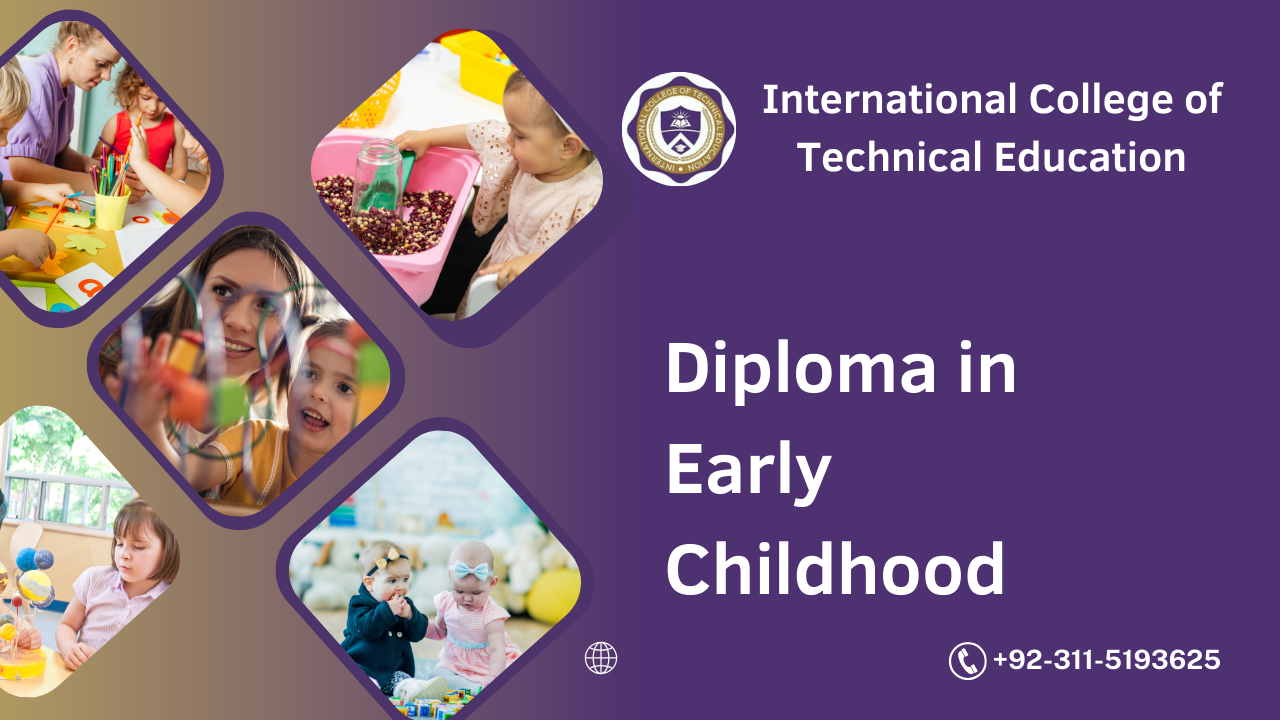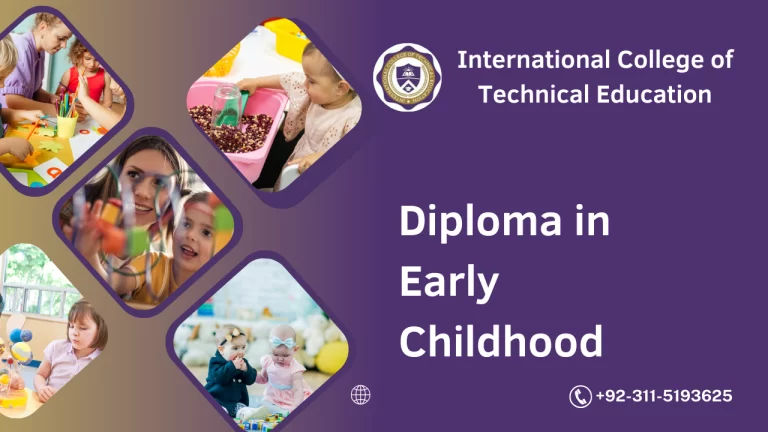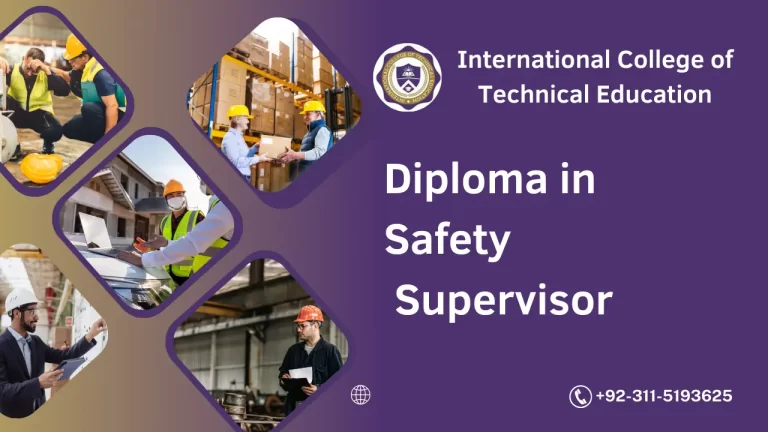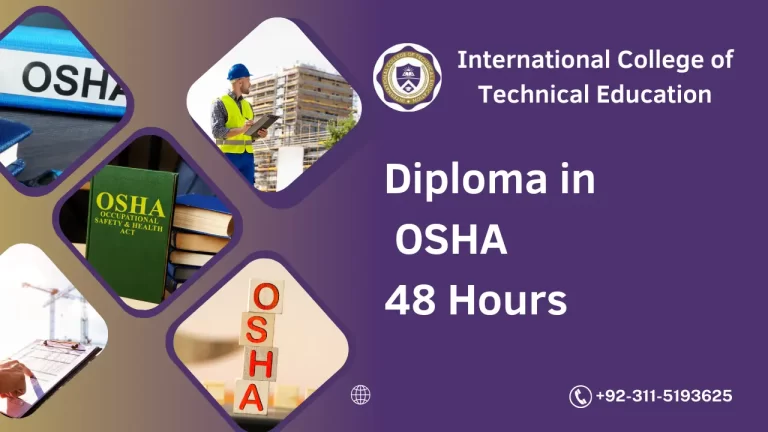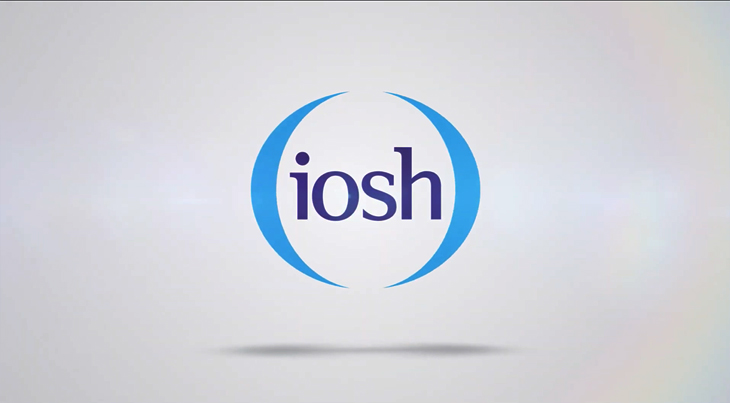In the world of education, there’s perhaps no greater privilege or responsibility than shaping the minds and hearts of our youngest learners. The Diploma in Early Childhood Education offers individuals the opportunity to embark on a rewarding journey dedicated to fostering the holistic development of children during their formative years.
Diploma in Early Childhood
The Diploma in Early Childhood Education is a specialized program designed to provide students with the knowledge, skills, and practical experience necessary to work effectively with young children from birth to age eight. Grounded in theories of child development, educational psychology, and best practices in early childhood pedagogy, this course equips students with the tools and techniques needed to create nurturing and stimulating learning environments for young learners.
Through a combination of theoretical learning, hands-on practical experiences, and supervised field placements, students gain insights into the unique needs and characteristics of young children and develop the expertise required to support their cognitive, social, emotional, and physical development. Whether aspiring to work in preschools, childcare centers, kindergartens, or community-based organizations, graduates of this program are prepared to make a meaningful impact on the lives of children and families.
Course Benefits
The benefits of pursuing a Diploma in Early Childhood Education are extensive and varied. Firstly, the course provides individuals with a solid foundation in child development theory, early learning principles, and effective teaching strategies, enabling them to create developmentally appropriate and engaging learning experiences for young children.
Moreover, the diploma program offers practical experience and exposure to a wide range of early childhood settings, allowing students to apply their knowledge and skills in real-world contexts under the guidance of experienced educators and mentors. Through field placements and practicum experiences, students develop confidence, professionalism, and empathy as they interact with children, families, and colleagues.
Furthermore, the course fosters personal and professional growth, encouraging students to reflect on their practice, collaborate with others, and continuously seek opportunities for learning and improvement. By staying abreast of research-based practices and emerging trends in early childhood education, graduates can adapt to the evolving needs of young learners and contribute to the advancement of the field.
Study Units
The curriculum of the Diploma in Early Childhood Education covers a wide range of study units, each focusing on different aspects of child development, learning theory, and early childhood pedagogy. Some of the key study units include:
- Introduction to Early Childhood Education
- Child Development and Learning
- Play-Based Learning and Curriculum Planning
- Language and Literacy Development
- Social and Emotional Development
- Health, Safety, and Nutrition in Early Childhood Settings
- Family and Community Engagement
- Assessment and Evaluation in Early Childhood Education
These study units provide students with a comprehensive understanding of the principles, practices, and challenges involved in working with young children and their families.
Learning Outcomes
Upon completion of the Diploma in Early Childhood Education, students can expect to achieve the following learning outcomes:
- Understand the theories of child development and learning and their implications for early childhood practice.
- Design and implement developmentally appropriate and culturally responsive curriculum and learning experiences for young children.
- Foster positive relationships with children, families, and colleagues to create inclusive and supportive learning environments.
- Promote language, literacy, numeracy, and socio-emotional skills development through play-based learning activities.
- Support children’s physical health and well-being by implementing health, safety, and nutrition practices in early childhood settings.
- Engage families and communities as partners in children’s learning and development.
- Use observation, documentation, and assessment techniques to monitor children’s progress and inform instructional decision-making.
- Reflect on and evaluate their own practice to enhance teaching effectiveness and professional growth.
These learning outcomes prepare graduates to excel in their roles as early childhood educators and advocates for young children and families.
Who is This Course For
The Diploma in Early Childhood Education is ideal for individuals who are passionate about working with young children, have a strong commitment to their learning and development, and possess qualities such as patience, empathy, and creativity. Whether you’re a recent high school graduate with a love for children or a career changer seeking a meaningful and fulfilling profession, this course caters to individuals from diverse backgrounds and experiences.
Aspiring early childhood educators, childcare providers, preschool teachers, family support workers, and educational assistants can all benefit from the specialized education and practical skills offered by this diploma program.
Future Progression
Upon completion of the Diploma in Early Childhood Education, graduates have various pathways for further progression. Many choose to pursue higher education by enrolling in bachelor’s or master’s degree programs in early childhood education, child development, or related fields to deepen their knowledge and expand their career opportunities.
Others may opt to enter the workforce directly, securing roles in early childhood programs, childcare centers, preschools, kindergartens, or community-based organizations. With experience and continuous professional development, individuals can advance into leadership positions, such as program coordinators, center directors, curriculum specialists, or early childhood consultants.
Diploma in Early Childhood Education offers a pathway to a rewarding and impactful career dedicated to shaping the future of our youngest learners. By providing students with the knowledge, skills, and practical experience needed to support children’s growth and development during their most critical years, this diploma program prepares individuals to make a lasting difference in the lives of children, families, and communities.

